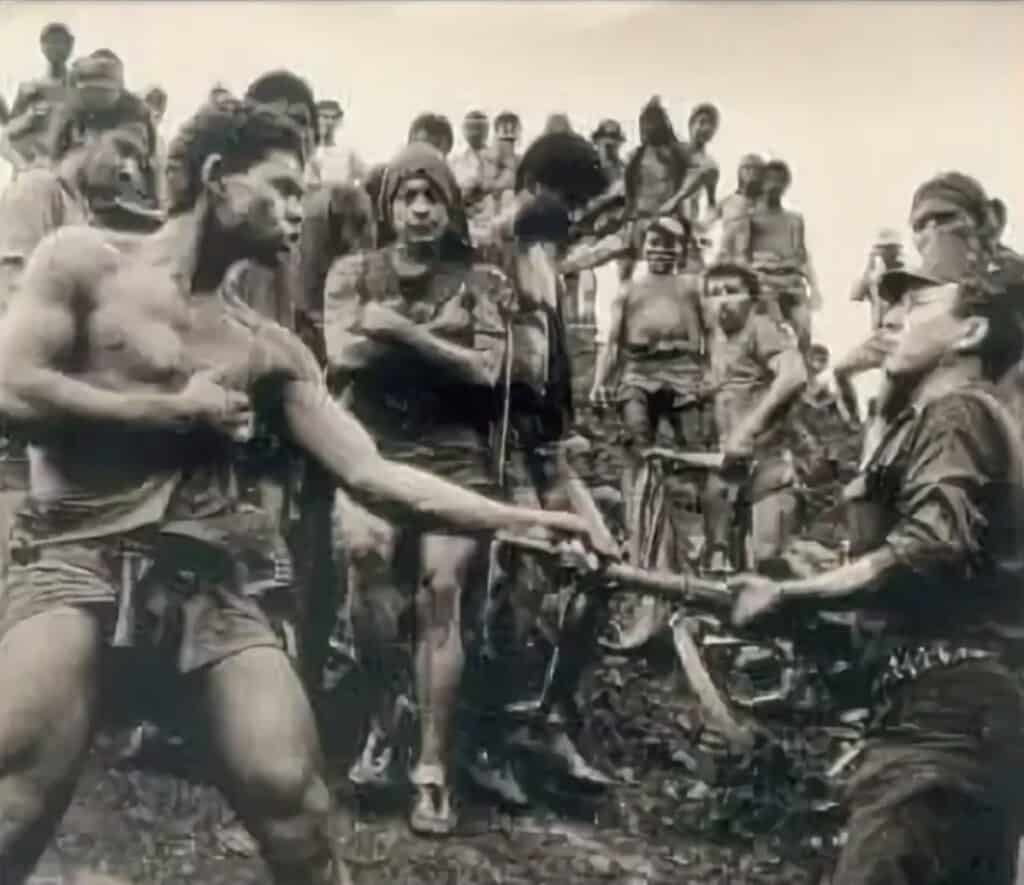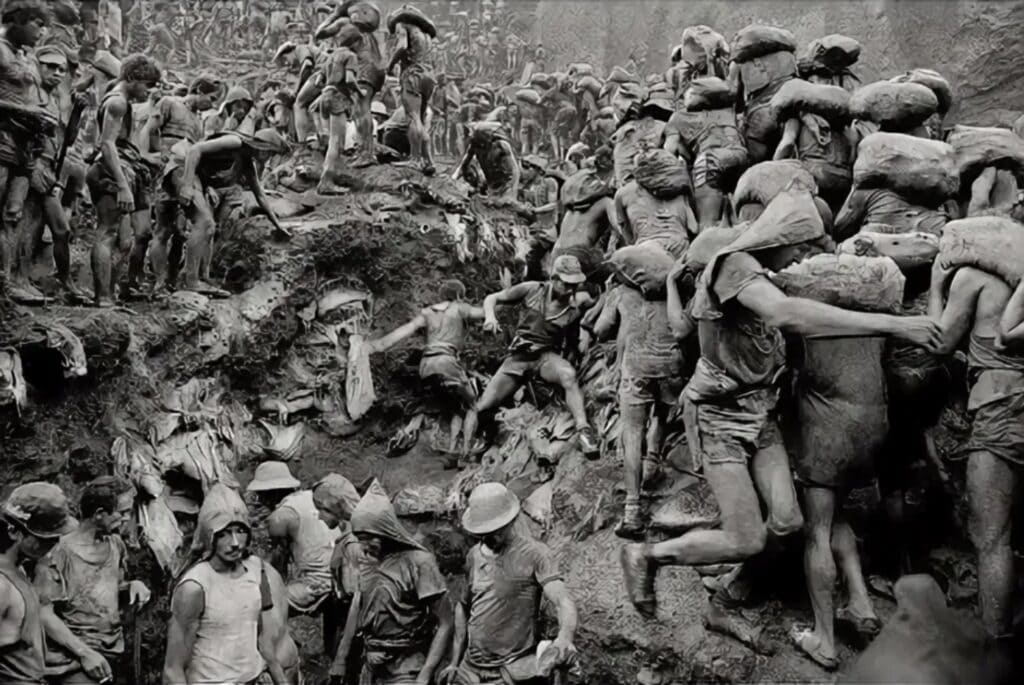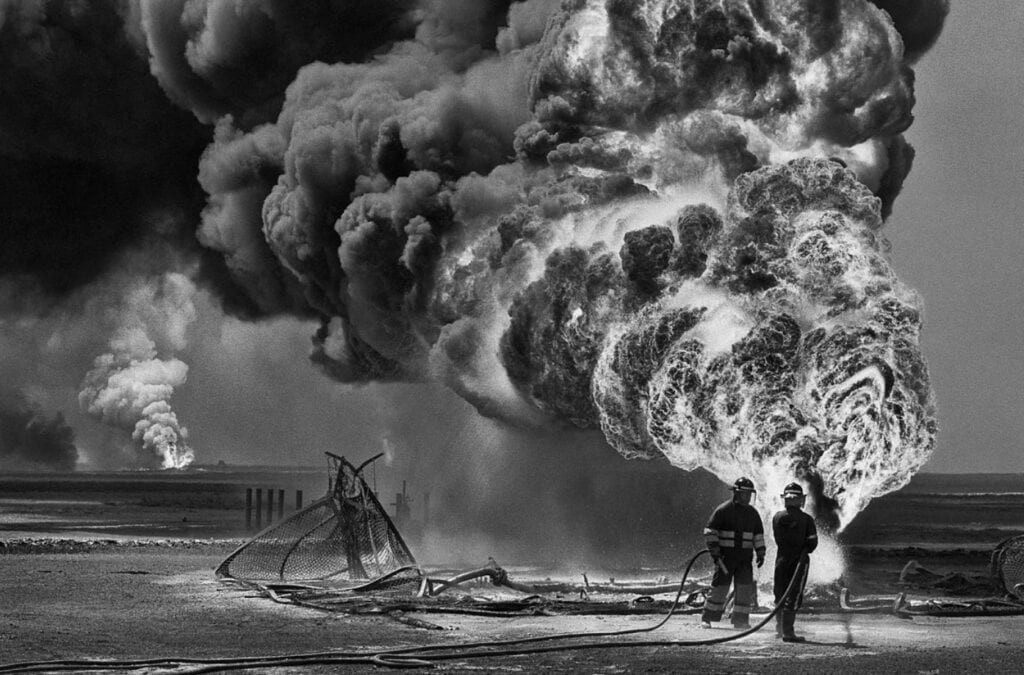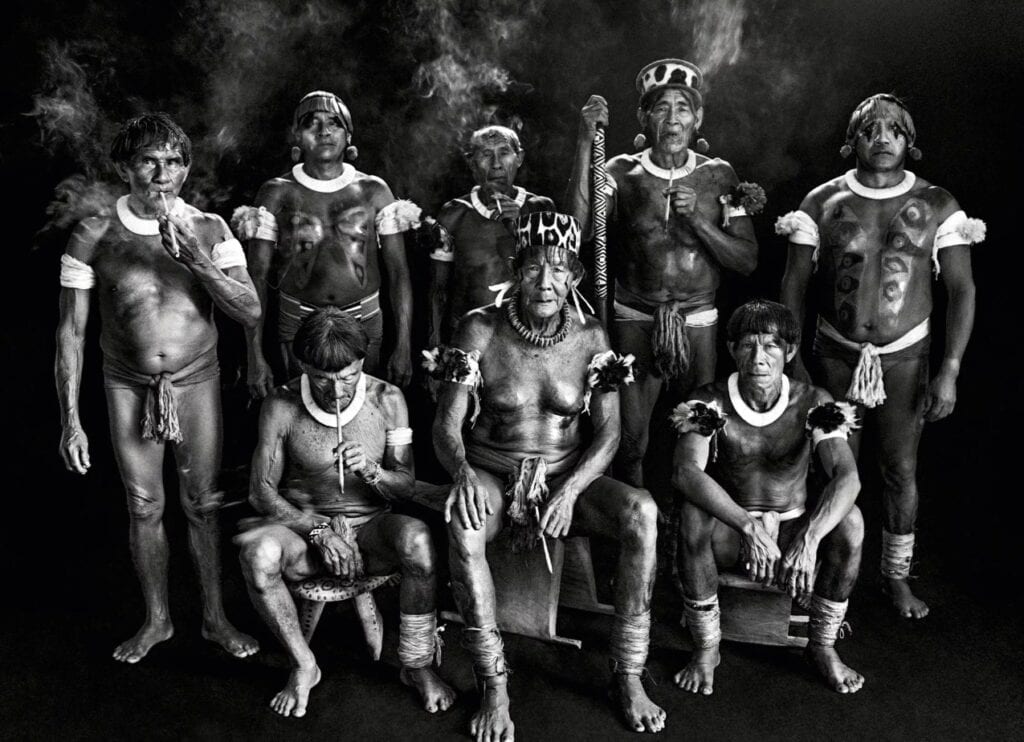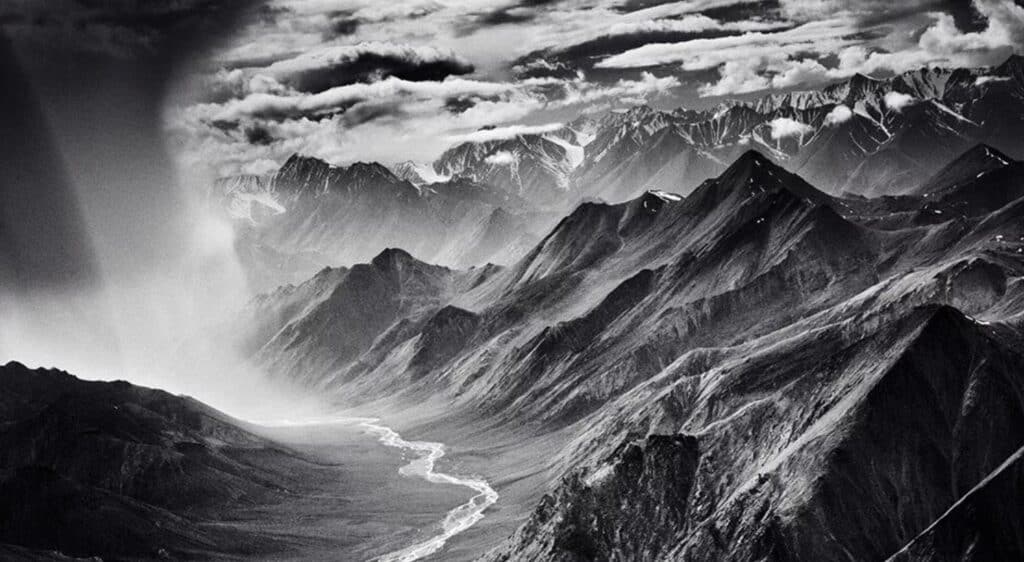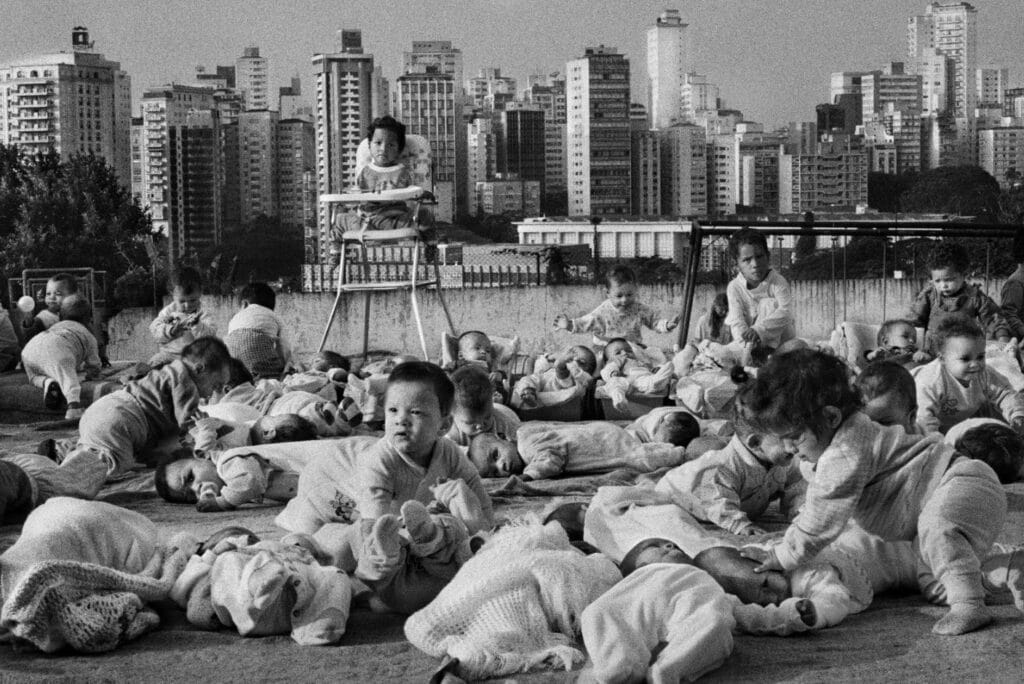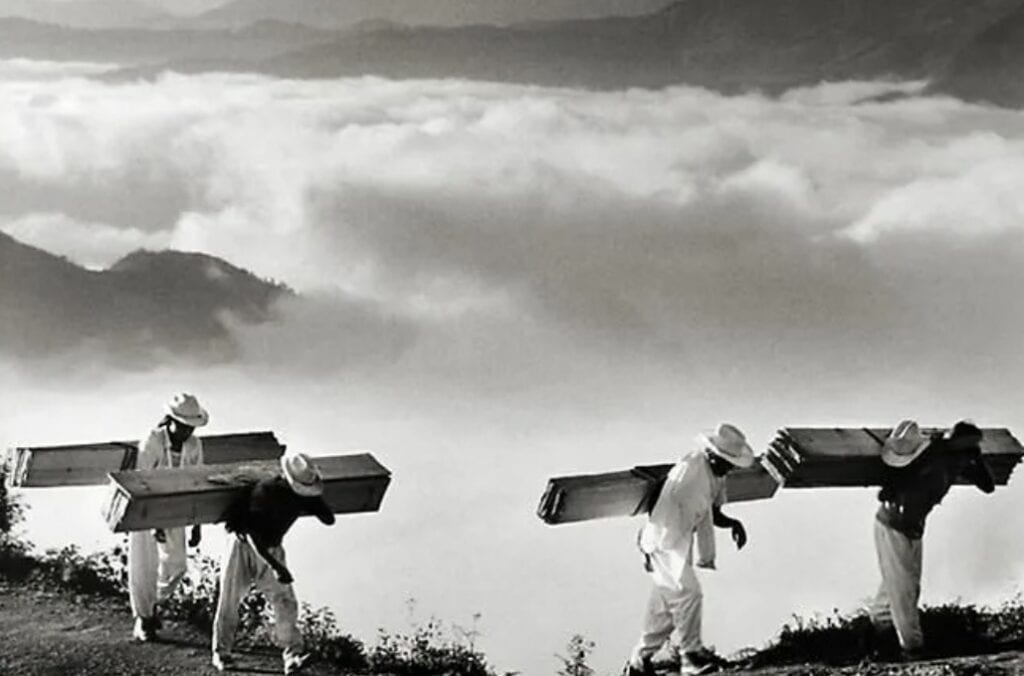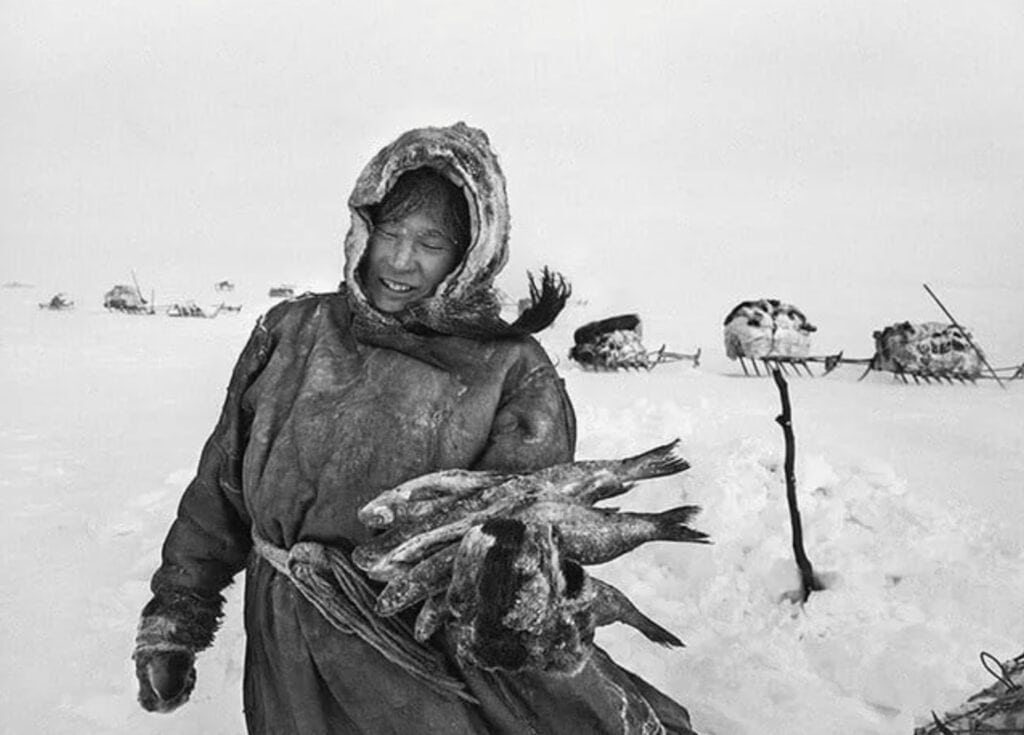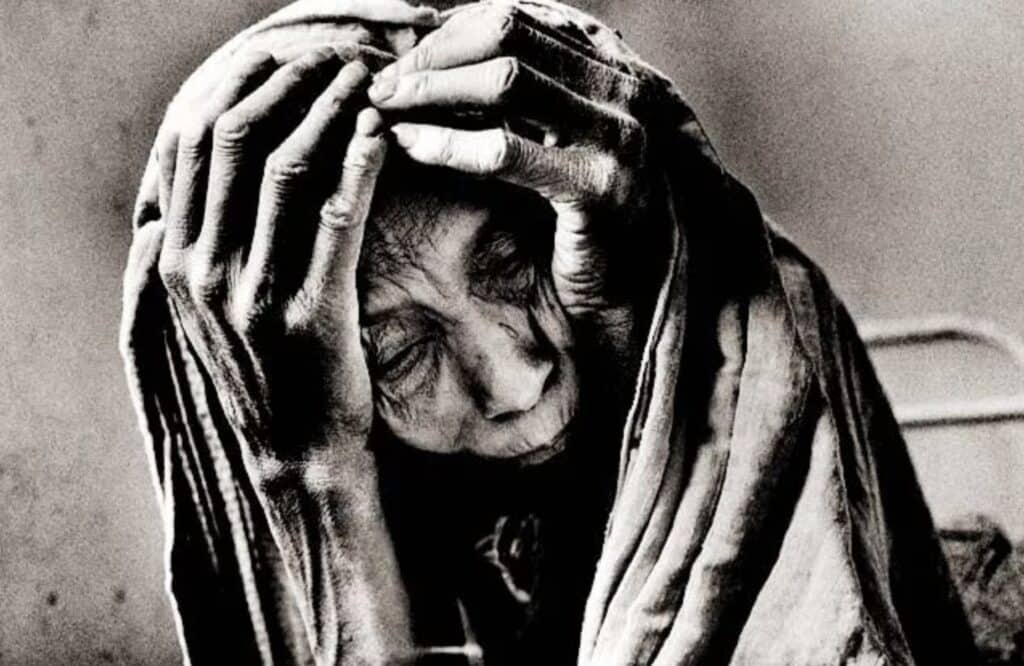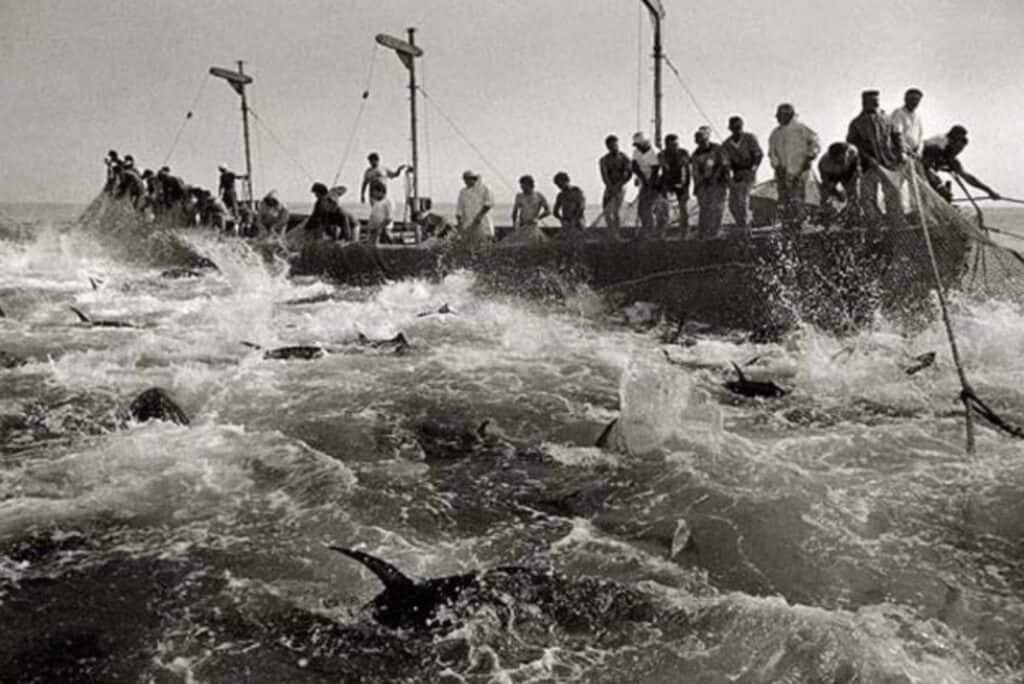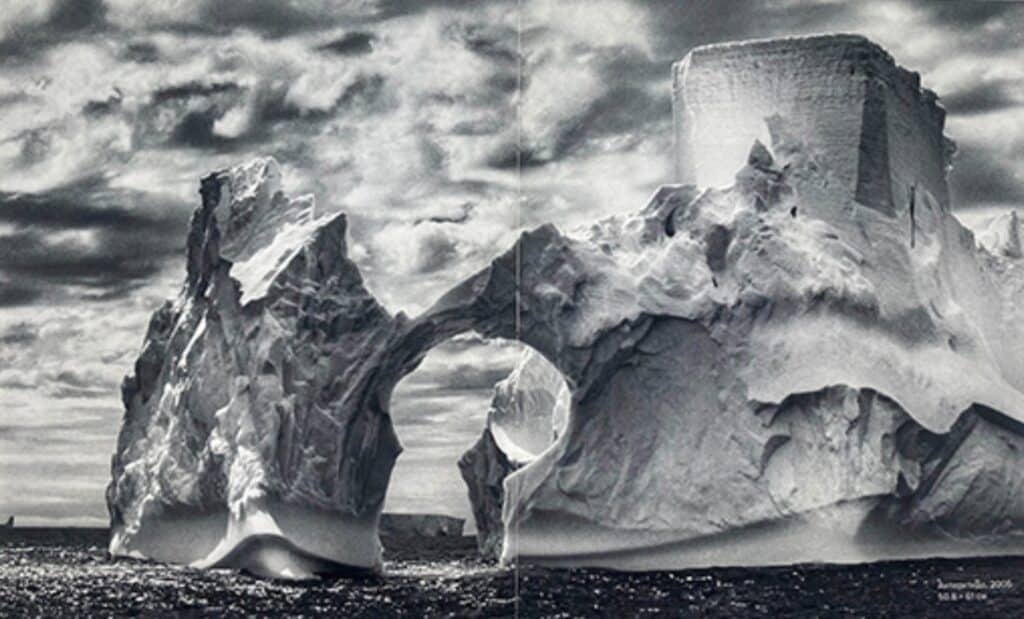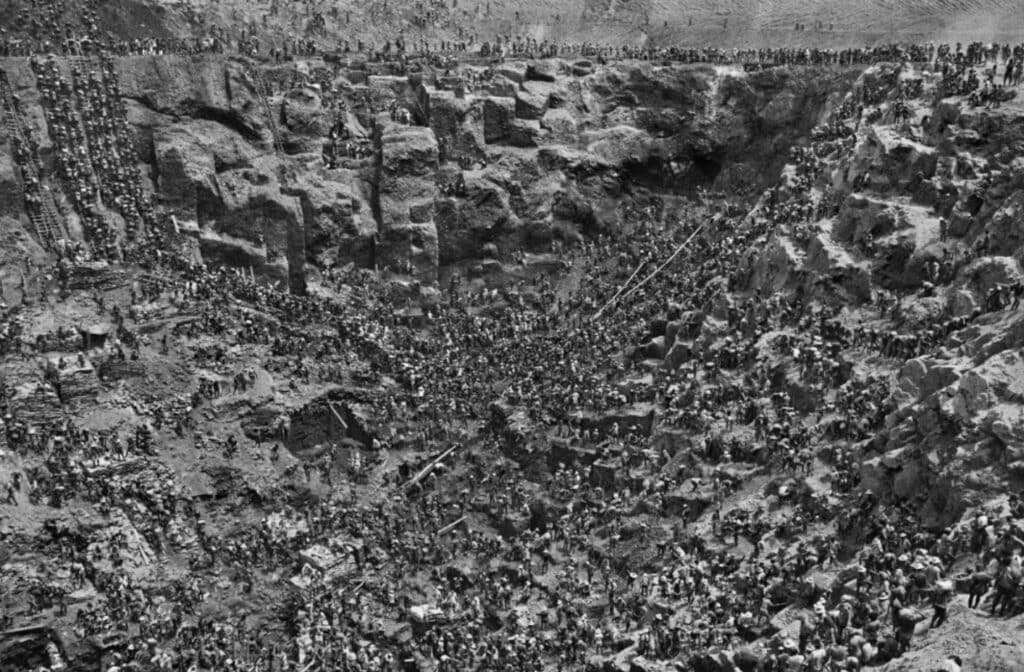PARIS - The renowned Brazilian photographer Sebastião Salgado, one of the world's most prominent figures in documentary photography, died today in Paris at the age of 81. He was literally a photographic phenomenon and a great role model of world photography. He also exhibited in Prague at the Prague Castle. As reported by his family through EFE, the cause of death was leukaemia. Salgado, they said, fought tirelessly until the end of his life for a more just, humane and ecological world - and he did it through his lens.
Sebastião Salgado was born in 1944 in Aimorés, Minas Gerais, Brazil. He studied economics, but in the late 1970s he began to pursue photography. His black and white images have become iconic for their exceptional aesthetics, depth and ability to convey human suffering and the beauty of the world in a single photograph.
Salgado is particularly famous for his series from places of armed conflict, humanitarian crises and environmental disasters. In the 1980s and 1990s, he documented famine in Ethiopia, war refugees in Rwanda and child labour in Latin America and Asia. His photographs often had a strong social impact and were published in the world's leading media. He has worked with Sygma, Gamma and, since 1979, the prestigious Magnum Photos, among others.
One of his most important projects was the Workers series, which charted the lives of working people in difficult conditions around the world. This was followed by the Exodus collection, dedicated to refugees, migrants and displaced communities. In later years, Salgado focused more on nature and ecology, particularly in his monumental Genesis project, which captured previously untouched corners of the planet and their inhabitants. With this work, he wanted to remind us of the beauty and fragility of the planet and the urgency of its protection.
Salgado moved to Paris in the 1960s and the city remained his home until his death. Together with his wife, Lélia Wanick, Salgado founded the Instituto Terra, an organization dedicated to the restoration of the Brazilian rainforest in the area where he grew up. The project has become an international example of successful reforestation and environmental education. Salgado has been awarded dozens of prestigious prizes for his contributions, including the French Legion of Honor and the Prince of Asturias Award. In 2014, a documentary about his life, Salt of the Earth, was directed by Wim Wenders and his son Juliano Ribeiro Salgado. The film won numerous awards and was nominated for an Academy Award.
Sebastião Salgado passed away as the conscience of the world, whose images managed to bring light even into the darkest corners of human existence. His work will remain a powerful call for humanity, solidarity and responsibility towards the planet we live on.
gnews.cz-jav
